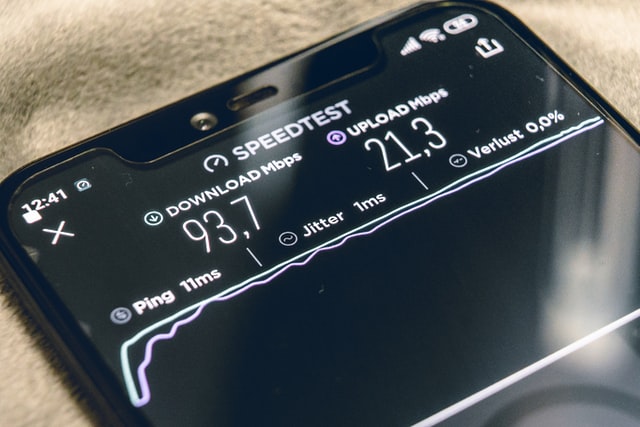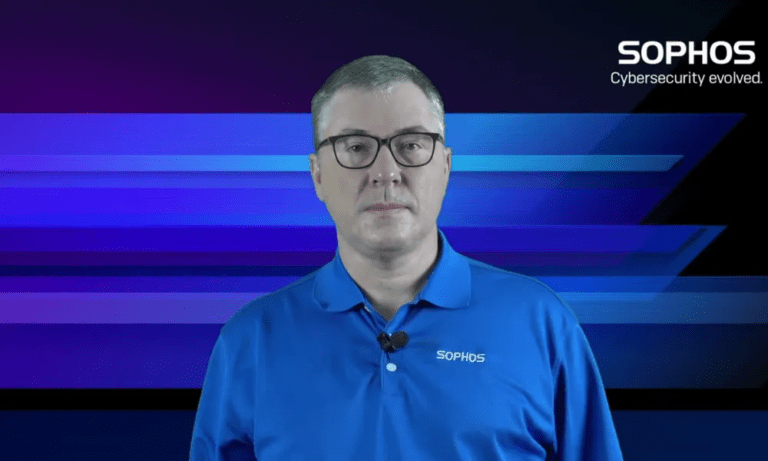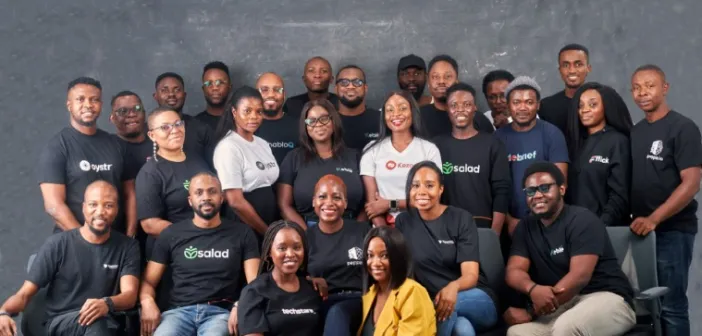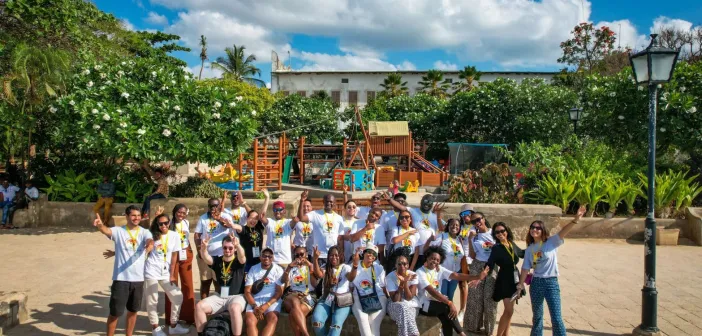The South African Government is Poised to Offer Each Household 50GBs of Free Data

According to the National Infrastructure Plan 2050, which was released on Friday by South Africa’s Minister of Public Works and Infrastructure, Patricia De Lille, every South African household will receive 50GB of data by the fiscal year 2025/6.
According to the document, the government’s goal is to provide high-speed, affordable, and accessible broadband to underserved and low-income areas.
“Investment in last-mile connectivity will be made, primarily through a complementary mix of wireless broadband technologies aimed at rural and underserved populations,” according to the document.
According to TimesLive, Khumbudzo Ntshavheni, Minister of Communications, revealed in her State of the Nation Address (SONA) speech that 10GB of free data would be available to every household, regardless of financial background.
“At some point, SA households — whether rich or poor, employed or unemployed — will have access to 10GB per month without fail because that is what this government will deliver,” Ntshavheni said in her February speech.
The National Infrastructure Plan mandated that households have access to 10GB of data by March 2023.
According to the document, private sector participation in achieving universal broadband access is widespread, and it is expected that R30 billion ($2 million) to R80 billion ($5.3 million) will be raised in the medium term to finance the rollout of government broadband.
In addition, the government will collaborate with businesses and other stakeholders to stay current with digital trends and contribute to the strengthening of private-public cooperation.
According to Tech Central, the document also demonstrates that Internet access is influenced by factors such as data pricing and a lack of fiber in most areas.
According to Tech Central, the majority of mobile subscribers also use prepaid services, which are significantly more expensive than post-paid. For example, in 2020, the cost of 1GB of prepaid data was approximately R100 to R120 – more than double the cost of postpaid data, which was approximately R40 to R79.







